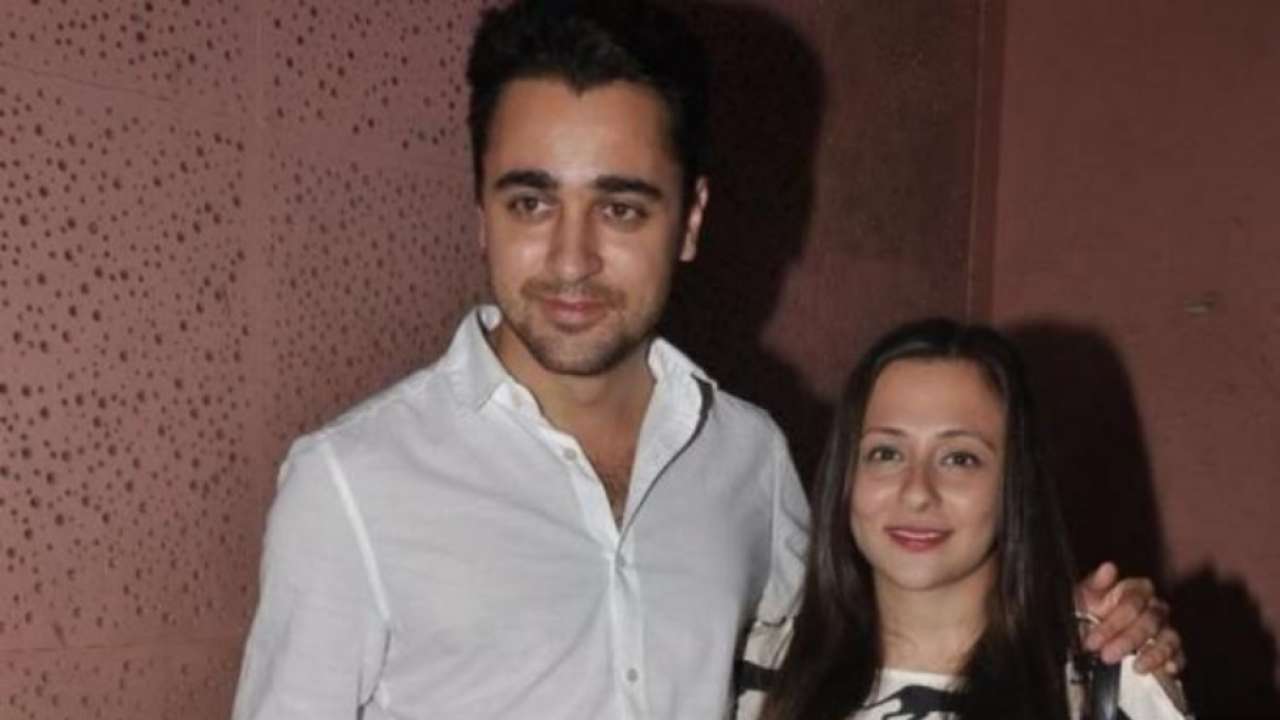

The army prefers a predictable and pliable civilian leader. Indeed, given considerations of personality and policy positions, there’s reason to doubt that Khan is the military’s blue-eyed boy. However, the notion that the military would actually be comfortable with Khan as its man in Islamabad is questionable. Indeed, events of recent weeks – arrests of PMLN members dozens of parliamentarians throwing their support behind the PTI the sentencing of former Prime Minister Nawaz Sharif to prison less than three weeks before the poll the sentencing of another top PML-N leader, Hanif Abbasi, to life in prison on drug smuggling charges just four days before the election and the censoring of media outlets perceived to produce favourable coverage of Sharif – all point to the possibility of efforts by the military and a politicised judiciary to undercut the PML-N’s electoral prospects. Indeed, Pakistan’s army – which has held direct power for nearly half of Pakistan’s 70-year existence, and has enjoyed an outsize role in politics when not in direct control – does have a strong incentive to undercut the PML-N, with which it sparred frequently in recent years, and to help propel the PML-N’s main challenger, the PTI, to victory. It’s a theory – one could certainly call it a conspiracy theory – embraced by many commentators inside and outside Pakistan. A big storyline in the lead up to Pakistan’s July 25 election has been the nature of the relationship between Imran Khan, the cricket star-turned-politician and leader of the Pakistan Tehreek-e-Insaf (PTI) party, and the country’s powerful military.Īccording to the insinuations of some top leaders with the incumbent Pakistan Muslim League-Nawaz (PML-N) party, the military is working behind the scenes to engineer an electoral outcome that results in a government helmed by Khan.


 0 kommentar(er)
0 kommentar(er)
